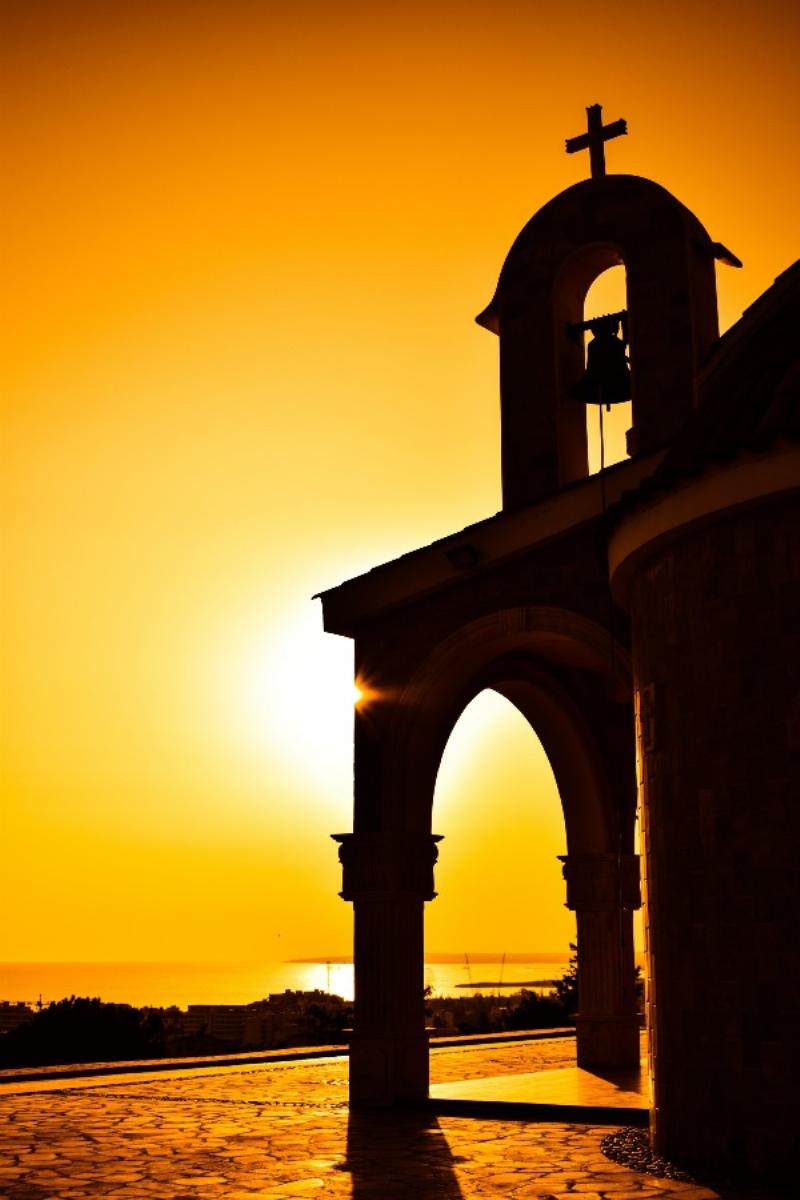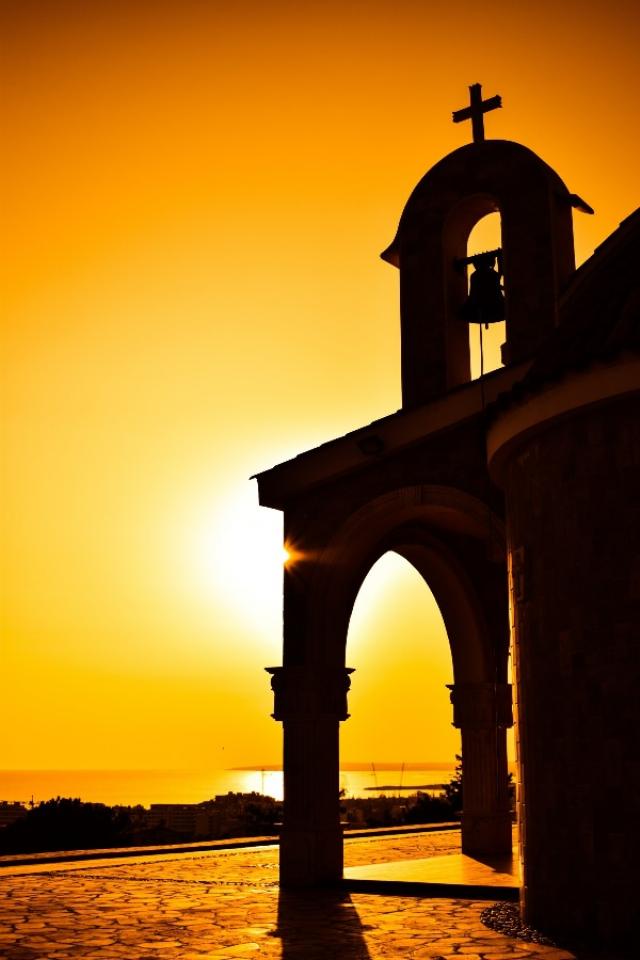


For those seeking religion and faith as more pronounced instruments in their public life, this summer is a season of contentment and advancement in bringing authentic dignity to their beliefs in the public square.
On August 1st, a federal district judge ruled that a Colorado clinic run by two Catholic nurses can continue their work of administering abortion-pill reversal drug treatments. Judge Daniel Domenico said that Colorado’s attempted ban conflicted with the nurses’ religious rights, also noting that “it is impossible to avoid the conclusion” that these nurses’ practice of using the drug progesterone “is being singled out” by state law.
On July 24th, a Ninth Circuit Court of Appeals panel ruled 2-1 that Oregon likely cannot deny adoption placement for those potential parents who refuse to affirm a child’s preferred gender identity (among other requirements). The potential adoptive parent, Jessica Bates, is a “devout Christian” who, due to her beliefs, could not agree to affirming a child’s preferred gender identity that conflicts with the child’s biological identity. The Ninth Circuit held that to compel Bates to do so is an infringement of her First Amendment rights to free exercise of her religion. This follows the Supreme Court’s reaffirmation in late June, in Mahmoud v. Taylor, that parents’ religious exercise rights include the right to direct the religious upbringing of their children. As the high court noted, that right is broad enough to include “choices that parents wish to make for their children outside the home.”
Also, on July 8th, the IRS announced that when a house of worship “in good faith speaks to its congregation… concerning electoral politics viewed through the lens of faith,” it does not violate a 1954 provision of the tax code known as the Johnson Amendment prohibiting churches from participating or intervening in a political campaign.
And earlier this year, Pew Research Center released its 2023-24 Religious Landscape Study. Among the findings in the survey of nearly 37,000 U.S. adults, 57 percent of those surveyed say they favor allowing public school teachers “to lead their classes in prayer that refer to God but not to any specific religion.”
One is forgiven if the impression from these recent developments is that religion is now presumptively favored over a secular understanding of law and public policy. This would be inaccurate, both constitutionally and in society. Much hostility to religion exists. One need only to look at the Trump administration’s finding on June 30th that Harvard University was in some cases “a willful participant in anti-Semitic harassment of Jewish students, faculty and staff.” And surely initial court rulings may reverse and swing directions more than once, potentially narrowing in practice First Amendment personal liberties already guaranteed in principle. However, the presumptive trend should now be that faith receives a similarly accepted footing as secularism on the public debate stage. Religion should not be an understudy anymore. Faith, and the person’s heart guided by it, should no longer be confined to a church locked from the outside.
The far Left will abhor an empowered faith seeping through (as they wrongly see it) a porous cement wall separating church and state. But for those whose religion animates their lives and decisions, this potential equilibrium in society brings opportunities. The chance to be respected, to be heard, and for obtaining candid recognition of anti-religious bias. Victimhood can give way to empowerment in various spheres of life, enriching American life as a whole with a renewed faith and interest in virtuous religious association that Alexis de Tocqueville first saw when he toured the country in 1831. This is a responsibility and with it comes a necessary humility, acknowledging that while fragile legislative or Supreme Court majorities may come and go, the demands of one’s faith remains.
Believers have been burdened in just the last few years, whether it be blanket church lockdowns or the Biden administration’s attempted watering down of religious conscience objections in healthcare in 2024. Their cries were loud, their sincerity tested. Now, respect for their faith is increasingly made manifest. And perhaps allowing more outward religious belief and practice in public life will manifest more thoughtful religious believers. Deferred for likely too long, the summer of 2025 may be seen as the first act in America’s public religious revival.
Alan Loncar is an attorney in Macomb County, Michigan.

Image: PxHere
